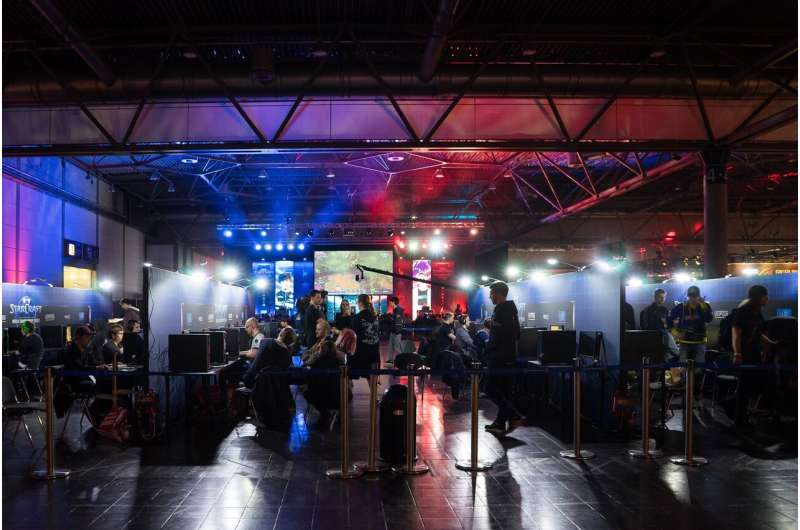

Tokyo Olympics organisers and Japanese officials meet Monday to decide whether fans will be allowed at the pandemic-postponed Games, just weeks before they open.
With the opening ceremony looming on July 23, organisers are scrambling to finalise preparations, but the decision on spectators has been left as late as possible.
Overseas spectators have already been banned, in an Olympic first that reflects the difficulties of staging the Games during the pandemic.
A coronavirus state of emergency in Tokyo was only lifted on Sunday, and restrictions in place until July 11 cap crowd capacity at 5,000 people or 50 percent capacity, whichever is smaller.
After July 11, that will rise to 10,000 people or 50 percent capacity, whichever is smaller.
Senior medical experts, including top advisors to the government, have said holding the Games behind closed doors would be “ideal” from a health perspective.
They fear crowds of fans could fuel a new surge in infections in a country still racing to vaccinate its residents.
But reports suggest organisers are leaning towards allowing in up to 10,000 fans, a figure that could swell to 20,000 at the opening ceremony, with foreign dignitaries and sponsors allowed to attend.
The ruling is expected on Monday afternoon, after five-way talks between Tokyo 2020 organisers and officials from Japan’s government, the Tokyo government, the International Olympic Committee and the International Paralympic Committee.
Tokyo 2020 has reportedly scrapped plans to sell more tickets, and may face the difficult prospect of organising lotteries among existing holders for the right to attend events.
Before the Games was postponed last year, organisers had sold around 4.45 million Olympic tickets and nearly a million Paralympic tickets in Japan.
In December, organisers said they would be refunding 18 percent of Olympic tickets bought domestically and 21 percent for the Paralympics.
Opposition softening
But that is still likely to leave many events with more tickets sold than seats available.
Any cap set by organisers Monday could still be provisional, with changes possible if the virus situation worsens.
Japan has seen a comparatively small virus outbreak, with nearly 14,500 deaths, despite avoiding the harsh lockdowns seen elsewhere.
But the vaccine rollout has been slower than in many developed countries, only picking up speed in recent days. Around 6.5 percent of the population is now fully vaccinated.
Organisers also face a sceptical public. Polls have regularly shown most Japanese would prefer to see the Games delayed further or cancelled altogether.
Recent surveys suggest a softening of opposition, with more in favour of holding the Games than cancelling it—if postponement is not offered as an option.
But in a sign of continuing concern, 86 percent of respondents told Kyodo news agency they fear a rebound in virus infections if the Games go ahead.
Organisers say strict rules will keep both athletes and the public safe, and that people staying in the Olympic Village will be vaccinated.
Athletes will be barred from contact with the public and risk being kicked out of the Games if they violate rules including mask-wearing and daily virus tests.
In a taste of the complexities ahead, a member of Uganda’s Olympic team tested positive on arrival in Japan on Saturday.
Source: Read Full Article